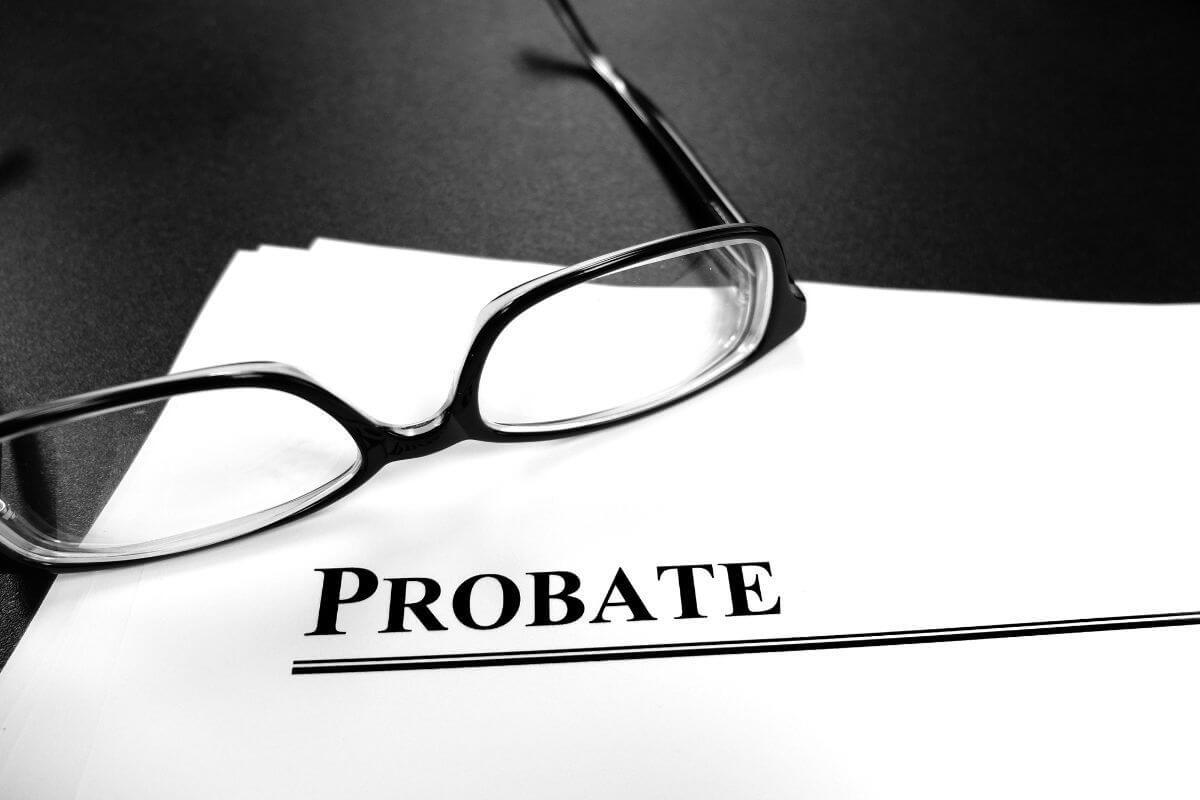Practice Areas
Estate Planning
Trusts
Probate


Probate court proceedings are frequently drawn out events. A deceased individual’s assets are transferred to the people entitled to inherit them through this process. Probate is frequently costly, arcane, and uncomfortable for surviving family members. Anyone who has gone through this process understands the importance of taking the appropriate steps to keep your estate out of probate.
Here are some helpful tips as you plan your estate around the California probate process.
A living trust is recommended for those interested in estate planning in California. It allows you to escape probate for nearly any valuable asset you own. This includes real estate, bank accounts, investment accounts, your car, and even personal objects or artwork.
You can draft trust paperwork with the assistance of an estate planning attorney, which will name the person who will act as the trustee after your death. This is the first step in avoiding probate wherever you live in California.
The second step is to give the trust ownership of your property. The terms of the trust will then govern your property. Don’t worry; you’ll still be the trustee and have control of your assets while you’re alive. Few estate planning approaches remove or limit your ability to use trust assets. Ensure that you are aware of these provisions before transferring assets.
When you jointly own assets with another person and that ownership includes a “right of survivorship,” the surviving property owner automatically owns the entire property upon your death. Okay, okay. Automatic is a little optimistic; there will be some paperwork, but the point is that you will all escape probate! To be clear, shared ownership must be documented in writing. Simply declaring that you and your partner own half of a boat, piece of art, or residence will not help you escape probate.
Joint tenancy: Property held in joint tenancy immediately passes to the surviving owner when the other owner dies. The good news (since we’re discussing death) is that probate will be avoided.
Joint tenancy is typically a viable alternative for married or unmarried couples who want to own real estate, cars, bank accounts, or other important property together. Both owners are assumed to own an equal part of the property in California.
Community property with right of survivorship: Because marriage is frequently used in estate planning and probate, it is important to note that California is a community property state. This means that both spouses are presumed to own all property or assets obtained during marriage jointly unless other measures have been made to preserve some assets as separate property.
Assets held as community property with a right of survivorship will pass to the surviving spouse without the need for probate. Again, with some documentation, this should be faster and smoother than a probate proceeding.
In California, those with accounts or certificates of deposit may designate a beneficiary to the account. This is called designating the account as “payable-on-death”, and as the name suggests, your beneficiary will inherit any money in the account once you pass. Some consider this to be a beneficiary for your non-retirement accounts. You are not giving up access to or control over your money; you are simply instructing the bank on what to do if you pass.
If you need to craft an estate plan that makes your loved ones’ lives easier upon your passing, consider avoiding the probate process altogether. Call us or reach out online to talk to an experienced estate planning attorney who can walk you through the process of preserving your legacy and protecting your assets.